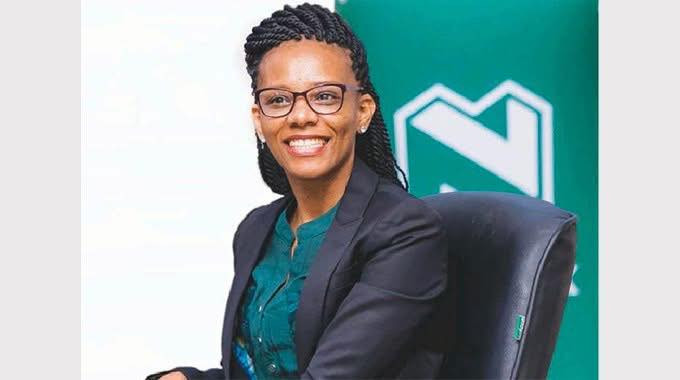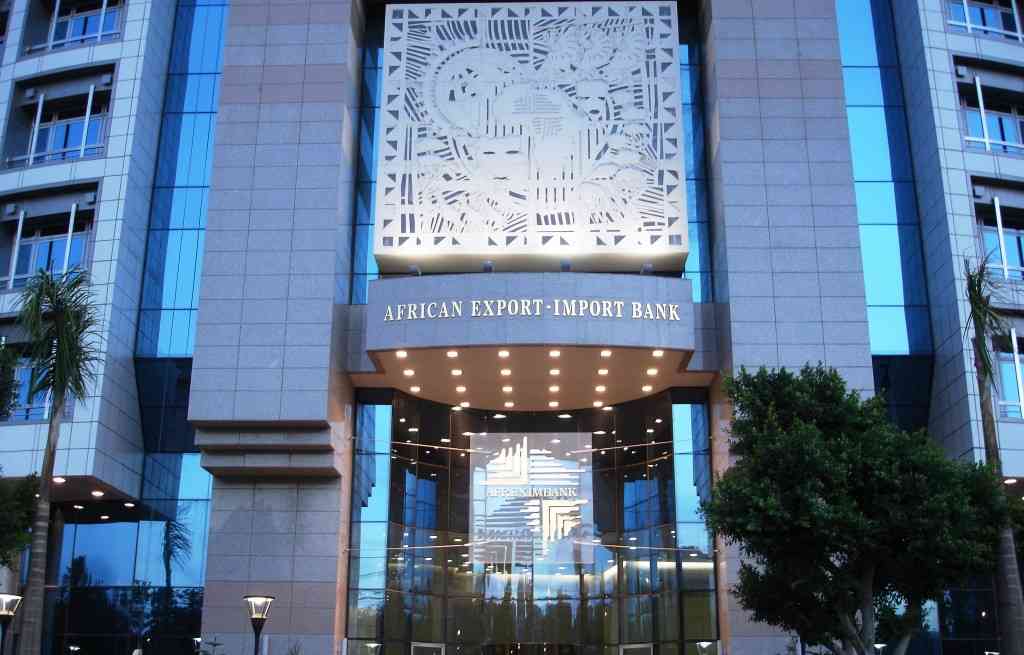
THE Parliamentary Portfolio Committee on Budget, Finance and Economic Development disclosed last week that it was not consulted when the Reserve Bank of Zimbabwe (RBZ) introduced its gold-backed digital currency a few weeks ago.
A member of the committee told businessdigest that they would summon Finance minister Mthuli Ncube and RBZ governor John Mangudya to explain why they moved ahead to launch the currency before full consultations.
The central bank recently launched its gold-backed digital tokens, the second such financial instrument to enter the market following last year’s introduction of gold coins, which were meant to help authorities mop up excess liquidity and fight inflation.
Edwin Mushoriwa, one of the legislators who sits on the committee, said the launch took parliament by surprise.
“The digital currency took Parliament by surprise,” Mushoriwa said on the sidelines of the 5th edition of the Zimbabwe debt conference. “If you were to ask parliamentarians in Zimbabwe, seven out of 10 may not even understand what this digital currency is all about. I think the decision was more reactive than a properly thought-out decision. We were not involved in this. We are actually going to summon the Reserve Bank governor and the Minister of Finance over this. We believe we need to make sure that we don’t have a problem of a premature end where we start something that does not go far. It should have a long life.”
The legislator noted that Zimbabwe’s challenges had their root in the hyperinflationary era between 2007 and 2008. He said events leading to the Zimbabwe dollar’s collapse at the time affected people’s confidence in their own unit.
Mushoriwa spoke as prices of goods and services skyrocketed in the past month, precipitating fears of another currency collapse.
He said for a digital currency to work, there had to be public buy-in.
- The fiddler: A vote of confidence
- Assets requirement headache for insurers
- Letter to my people: There is serious trouble in the cockpit
- Letter to my people: There is serious trouble in the cockpit
Keep Reading
“There is a need for buy-in from the people of Zimbabwe. There is a need to educate people so that they understand what the digital currency is about and how it works,” he said.
“But the current manner in which it was introduced is a little bit opaque and the timing is also very wrong. Zimbabwe is due to go for general elections in August to be precise. Anything that is introduced in a highly polarised society like Zimbabwe will be viewed with suspicion and will not yield any positive results.
“This is the reason why in other countries, the process involves consulting each and every stakeholder, it takes more than a year or two years. This is something that is crucial and someone cannot just wake up to say I have introduced a digital currency.”
Mangudya was not reachable for comment and had not responded to questions sent to him at the time of going to print.










